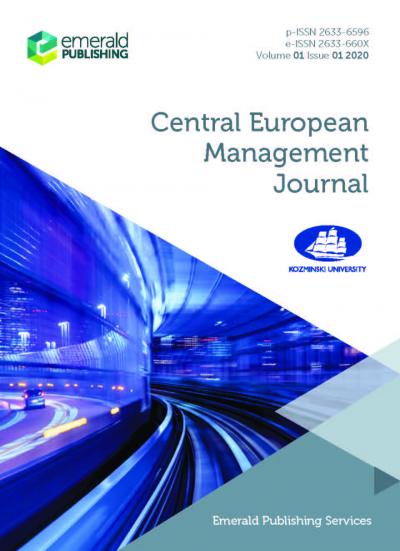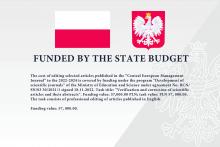Purpose: The purpose of this paper is to attempt a comprehensive evaluation of the legal regulations within the Polish tax system regarding taxation of clergymen revenues from pastoral services.
Methodology: Undertaking and accomplishing the purpose of this paper has been possible by analyzing the Polish literature on the subject as well as the relevant legal acts. For the purpose of this paper also empirical materials have been used, in the form of a report on the fi nances of the Catholic Church, the contents of which were used to formulate the conclusions de lege ferenda. The main research method used in the present study
was the legal dogmatic method, which involves an analysis of the applicable regulations within the Polish legal system in the fi eld of taxation of clergymen revenues from pastoral services. Additionally, the basic methods of statistical data presentation were used in the form of tables.
Findings: The applicable legal regulations within the Polish tax system regarding taxation of clergymen revenues obtained from performing their pastoral services require an urgent and comprehensive reform. For these are normative solutions that contradict the basic principles of taxation (especially the postulated for more than two centuries principles of equality and justice in taxation), which should form the basis for a properly determined object of taxation, and therefore they do not fulfi ll the by the legislature assigned functions.
Research implications: Presented ideas for changes in the currently in Poland adopted lump-sum taxation system of clergymen revenues could constitute a starting point for the developers of the tax reform for further discussion on the desirable directions of reform in the fi eld of personal income taxation in Poland.
Originality: In the paper the Author points out that in the ongoing public discussion on the optimal method of taxation of personal income relatively little attention is given to issues concerning the taxation of personal income obtained from pastoral services. Thus, the present study, summarizing the existing achievements of the Polish doctrine of fi nancial law in this fi eld, constitutes a voice in the discussion on this subject and at the same time puts forward concrete proposals for changes in the current legal regulation of taxation of the clergy, which could serve as an inspiration for the developers of the tax reform in Poland.





